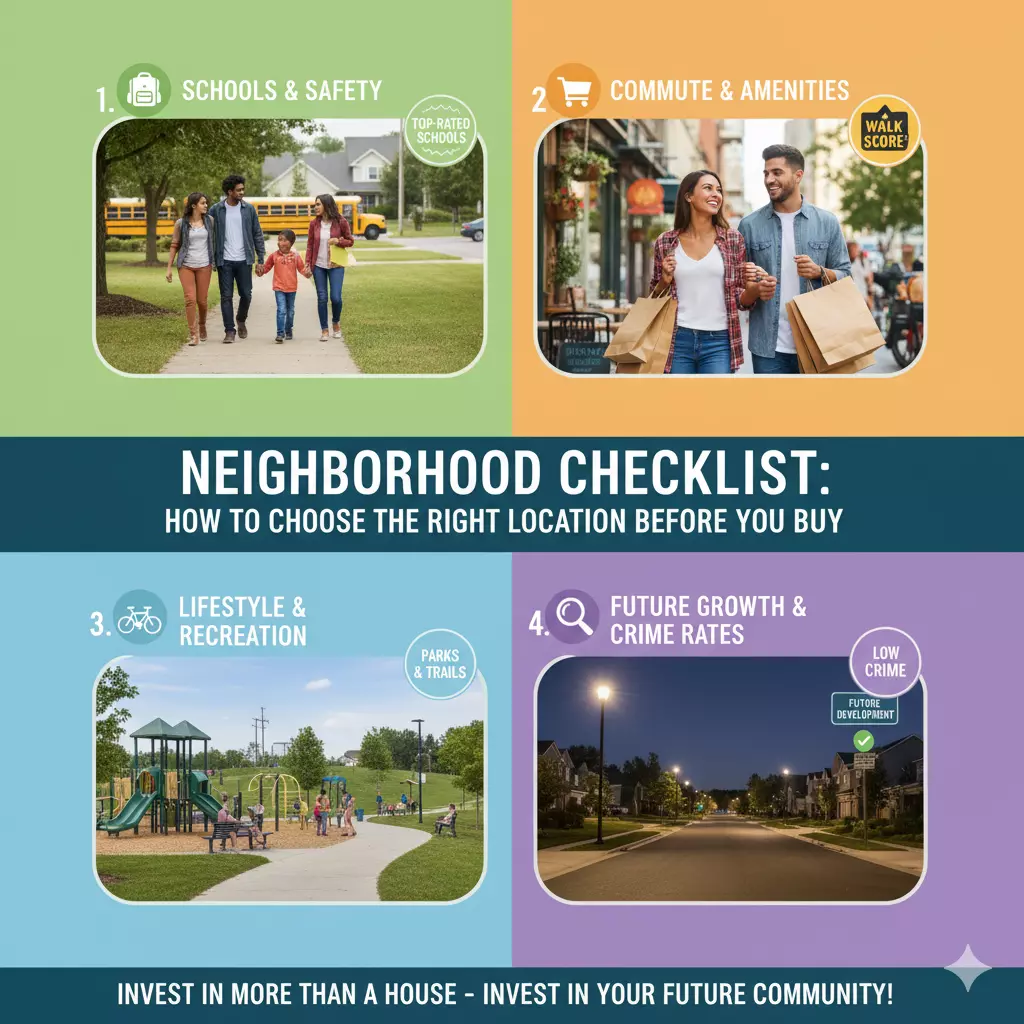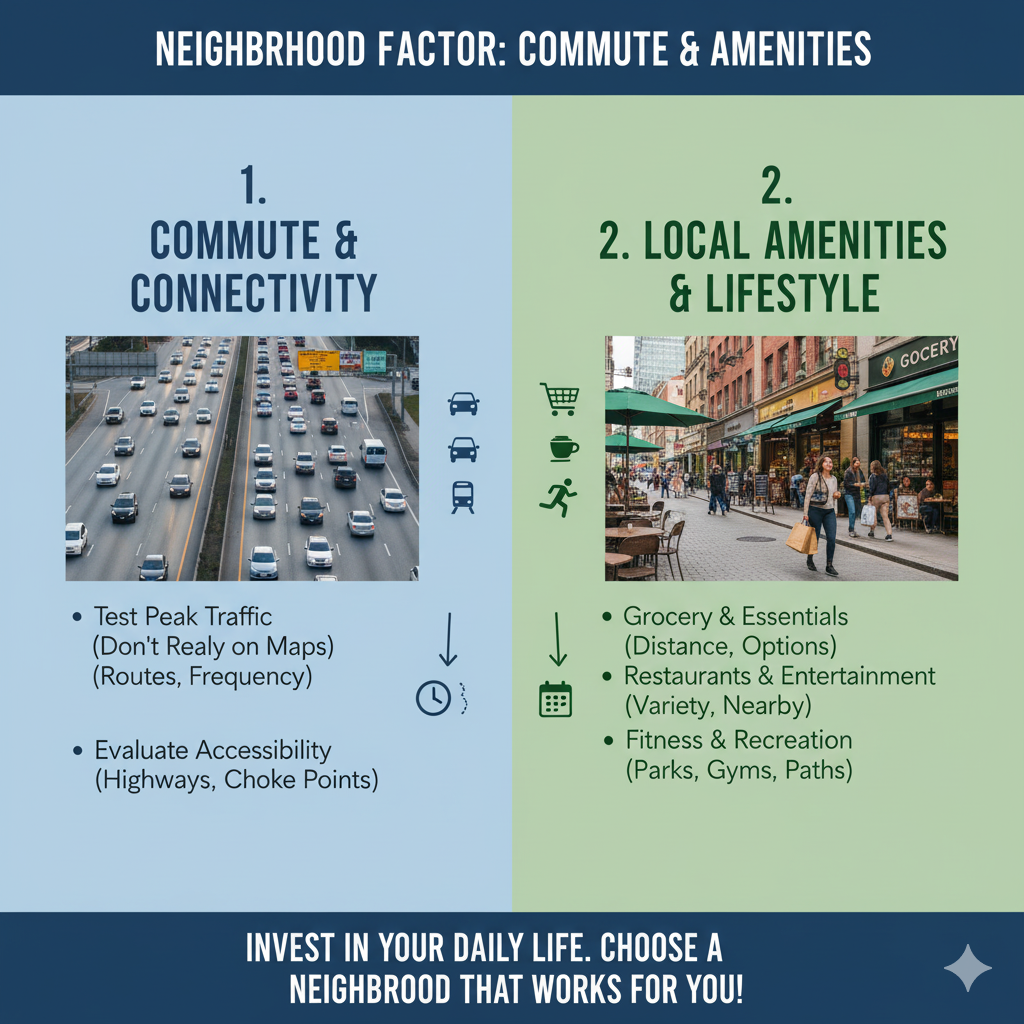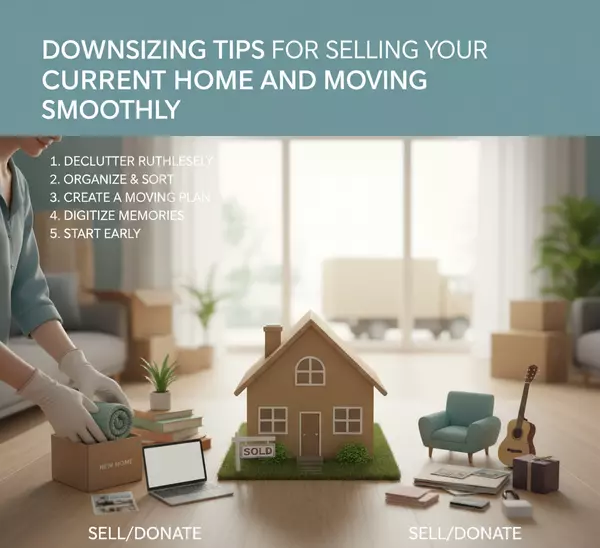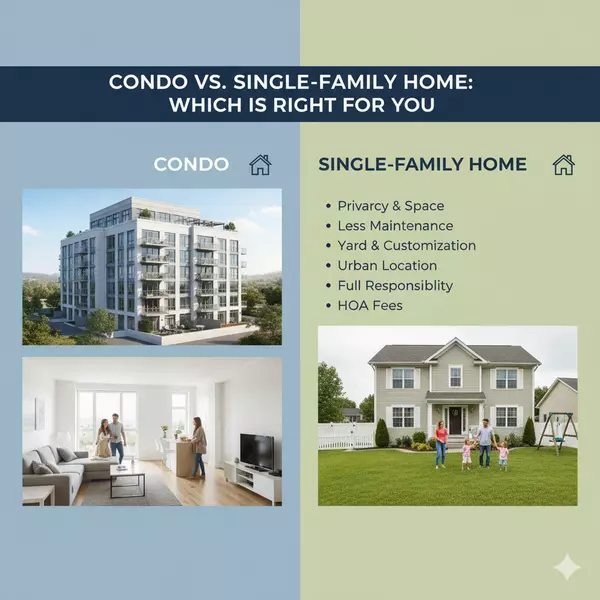Neighborhood Checklist: How to Choose the Right Location Before You Buy

Falling in love with a house is easy. It’s the charming front porch, the spacious kitchen, the sun-drenched living room. But a house is only as good as the neighborhood it's in. Buying a home means buying into a community, and that community will have a huge impact on your daily life, your commute, and your future.
So, before you sign on the dotted line, you need to be a detective. While you're touring homes, take time to tour the surrounding area with these key questions in mind.
- The Vibe Check: What's the General Feel?
A neighborhood has its own unique personality. It’s a feeling you get when you’re there. Is it a bustling, social hub or a quiet, peaceful sanctuary?
- Walk or Drive Around at Different Times: Visit on a Tuesday morning at 8 a.m. to see the school drop-off and the commuter traffic. Return on a Friday night to see if the streets are alive with activity or eerily quiet. A weekend afternoon will show you how people spend their free time.
- Observe the Neighbors: Do you see people walking dogs, kids playing outside, or people chatting on their porches? Are yards well-maintained, or are there signs of neglect? These small details can tell you a lot about the community's sense of pride and neighborliness.
- Look for Signs of Community: Are there neighborhood parks, a community center, or local events happening? Check for a community board or social media groups to see what's on the calendar.
- The Commute & Connectivity: How Does It Impact Your Day?
Your daily commute is a major part of your life. The dream house isn't so dreamy if it adds an hour of stress to your morning.
- Test the Commute: Drive the route to your job, and your partner's, during peak traffic hours. Don’t rely on a quick check on Google Maps on a Sunday afternoon.
- Assess Public Transportation: If you rely on public transit, check the bus routes, train lines, and walkability to the nearest stop. How reliable and frequent is the service?
- Evaluate Accessibility: How close are the major highways and main roads? Are they easily accessible or are there choke points and bottlenecks?
- The Local Amenities: What Makes Life Convenient?
A great neighborhood puts everything you need within easy reach. The less time you spend in the car, the more time you have for life.
- Grocery Stores and Essentials: How far away is the nearest grocery store, pharmacy, or gas station? Are there multiple options, or are you limited to one?
- Restaurants and Entertainment: What's the local dining scene like? Are there casual cafes, fine dining options, and a variety of cuisines? Are there theaters, libraries, or community spaces nearby?
- Fitness and Recreation: If an active lifestyle is important to you, check for gyms, parks, bike paths, and sports facilities. Are they well-maintained and easily accessible?

- The schools: An Investment in Your Future
Even if you don’t have children, school districts can have a huge impact on a home's value. A well-regarded school district can make a home more desirable and easier to sell down the line.
- Do Your Research: Look up the public-school ratings and reviews for the elementary, middle, and high schools that serve the area.
- Consider Private Options: If you’re considering private school, research the availability and accessibility of those options.
- Check the Local Demographics: Is the area home to many young families, or is it more populated by retirees? This can give you a feel for the neighborhood's life stage.
- Safety and Security: Do You Feel at Home?
Your home should be your sanctuary. Feeling safe in your own neighborhood is paramount.
- Check Crime Statistics: Look up local crime rates online. Many local police department websites have this information available.
- Observe the Streets: Are the streets well-lit at night? Do homes have security systems or other visible safety measures? Are the sidewalks in good condition?
- Talk to the Locals: If you see someone walking their dog or doing yard work, politely ask them what they like about the neighborhood and if they feel safe. A casual conversation can give you invaluable insight.
Choosing a home is a big decision, but choosing a neighborhood is arguably bigger. By taking the time to go beyond the front door and investigate the community, you're not just buying a house, you're investing in your future happiness.
Recent Posts











"My job is to find and attract mastery-based agents to the office, protect the culture, and make sure everyone is happy! "


